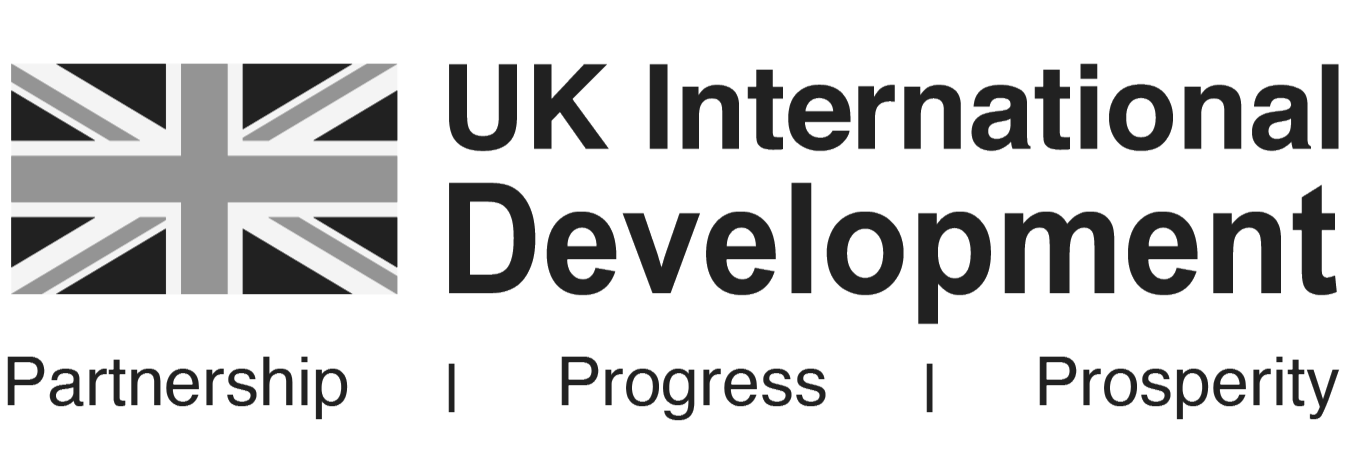Jane Khodarkovsky
Partner with Arktouros pllc
Jane Khodarkovsky is a Partner with Arktouros pllc. Prior to joining Arktouros, Jane Khodarkovsky was General Counsel and Head of Risk & Compliance at Celo Foundation, which was founded to support the growth and development of the decentralized, open-source, mobile-first Celo platform to help build a regenerative financial system. Jane oversaw all aspects of legal, regulatory and compliance, focusing on decentralized finance (DeFi), decentralized autonomous organizations (DAOs), anti-money laundering, sanctions, securities, and corporate law in the digital technology space in the United States and abroad. Additionally, Jane advises private companies and projects focused on regenerative finance, sustainability, machine learning, digital identity and on-chain AML and sanctions compliance. She also serves as an expert witness in civil cases at the intersection of money laundering, financial crimes, corruption and human trafficking, and she is frequently invited to speak and train private and public sector actors on these issues. Prior to joining the Foundation, Jane was a Trial Attorney and Human Trafficking Finance Specialist with the U.S. Department of Justice’s Money Laundering and Asset Recovery Section (DOJ/MLARS), where she investigated and prosecuted multi-jurisdictional and international money laundering and financial crimes, including those involving virtual currency and exchanges, Bank Secrecy Act (BSA) violations, human rights, human trafficking, corporate supply chains, and child exploitation.






.png)
.png)










.png)
.png)


